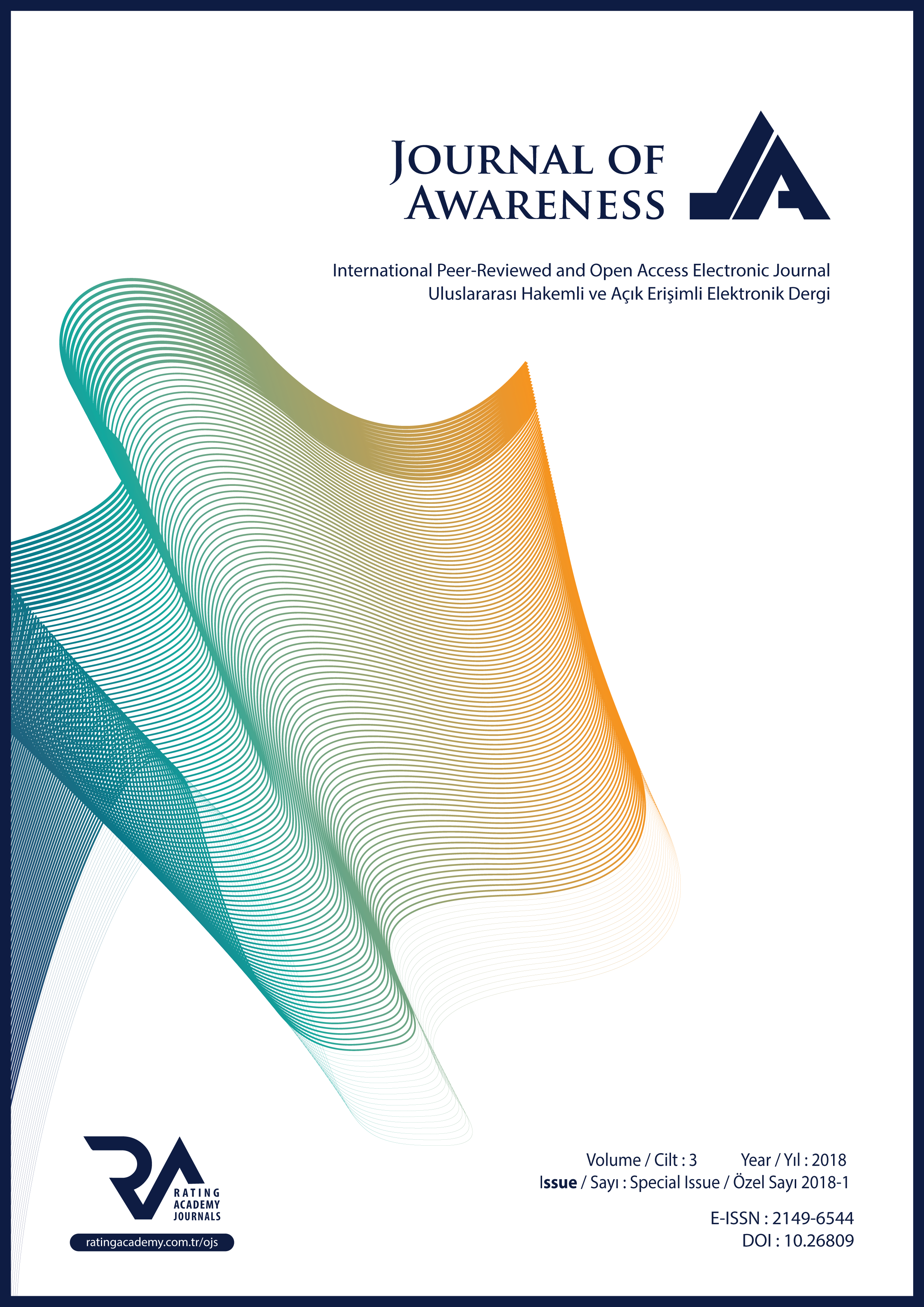A PREDECESSOR OF THE 2ND WORLD WAR DURING ATATÜRK’S ERA AND A HISTORY OF CREATION OF AN AMERICAN CAMP: US CHIEF OF STAFF’S TURKEY VISIT & RAMIFICATIONS TO THE PRESENT
A PREDECESSOR OF THE 2ND WORLD WAR DURING ATATÜRK’S ERA AND A HISTORY OF CREATION OF AN AMERICAN CAMP: US CHIEF OF STAFF’S TURKEY VISIT & RAMIFICATIONS TO THE PRESENT
Author(s): İnrahim YORGUNSubject(s): Politics / Political Sciences
Published by: Rating Academy
Keywords: American Imperialism; 2nd World War; Turkish Foreign Policy; Political Camping of the Countries;
Summary/Abstract: t is a social memory among many communities of the 20th century as well as a presentation within the academic circles and publications that the 2nd World War was triggered in the Balkans due to the conflicts among various ethnical groups; and political developments following the war outbreak led the creation of the American and the Soviet camps. This widespread conviction also reveals that the war created a conducive atmosphere for America to rise as a world hegemon power in world affairs superseding the roles of the imperialistic European countries such as England and France. However, this American march to political dominancy was neither peculiar to the developments of the 2nd World War nor the camping of the countries could be restricted to the events following the 1939 German occupation of Poland. Potential and significant circumstantial evidence had existed showing that Washington’s ostensible non-imperialistic discourse and methods were in fact to attract the nations trying to avoid the yoke of the imperialistic powers of Europe: And once the British, French and others’ military and political strengths were shaken and diminished, the US was ready to assume the their role and its dominancy in world affairs became inevitable. This aspiration had particular historic roots dating back to the American missionary infiltrations especially into the Ottoman lands since 1820s when Washington carefully avoided imperialistic actions and discourse but pacifically penetrated the territories with benevolent means such as schools, hospitals as well as charity. These engagements seemingly working for the goodwill of the Ottoman communities endangered the unity of the empire bycreating nationalistic aspirations within the minds of the non-Muslim communities and provoked the ethnical revolts against the Porte. Thus, the US had not have to start a war against the Ottoman State, request territories unlike did the imperialistic powers of Europe in the 19th century though American methods were as destructive as the European concerning the Ottoman Empire. Similar attempts continued even during the early years of the Turkish Republic and Atatürk’s era. The US did not want the new republic fall into the Soviet protector umbrella and event invited Ankara to participate in the new peace initiatives such as the Briand-Kellogg Pact. American attempts could be regarded as the predecessor of the camping of the world countries in late 30s and in fact which was very visible after the 2nd World War. Washington wanted to give message that she would not let Turkey fall into the Soviet protective wings. A significant example of this message as well as the sign of the strategic importance given to Turkey by the US was the General Douglas MacArthur’s Turkey visit in 1932 as a part of his Europe and Middle East program.
Journal: Journal of Awareness (JoA)
- Issue Year: 3/2018
- Issue No: Special
- Page Range: 95-100
- Page Count: 6
- Language: English

